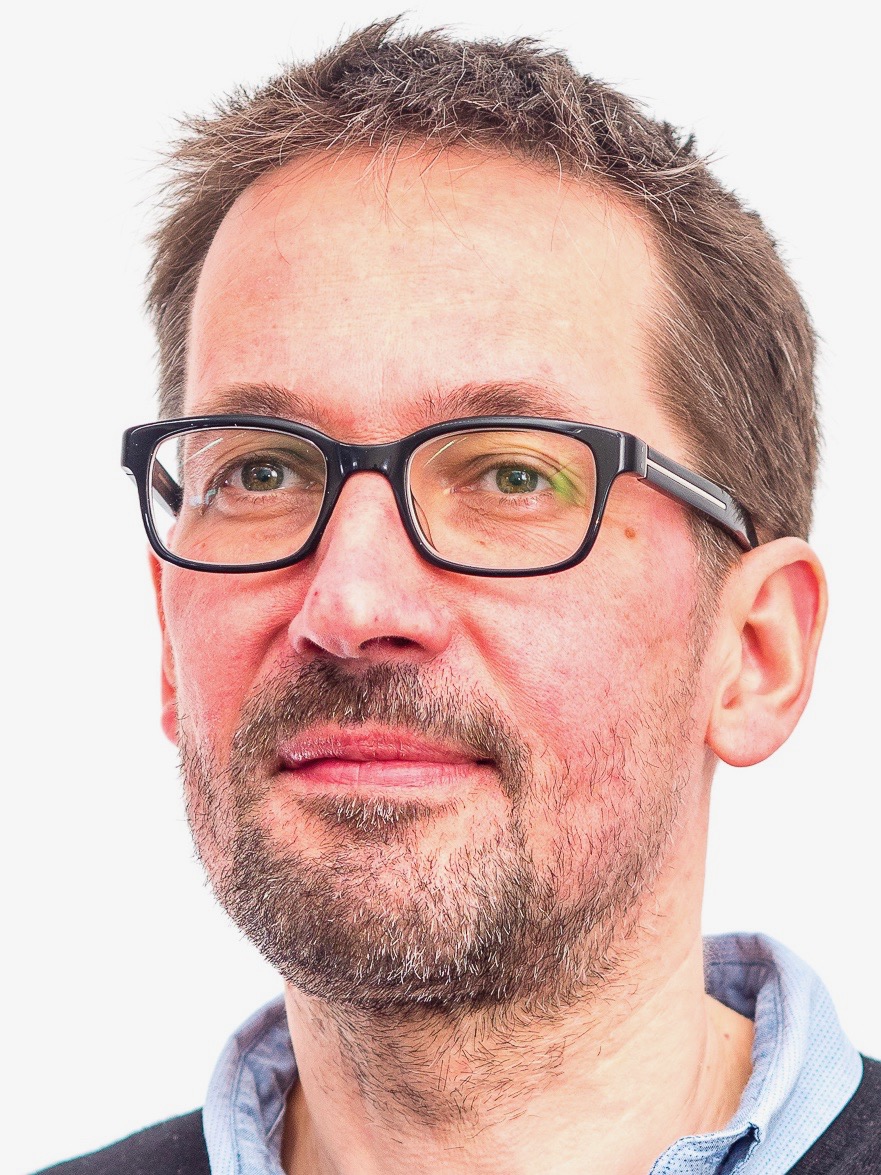

| Private Homepage | https://wilhelm-winter.de |
| Selected Publications | • Castillejos, Jorge; Evington, Samuel; Tikuisis, Araon; White, Stuart; Winter, Wilhelm Nuclear dimension of simple C*-algebras. Inventiones Mathematicae Vol. 224, 2020 online • Christensen, Erik; Sinclair, Allen M.; Smith Roger R.; White, Stuart A.; Winter, Wilhelm Perturbations of nuclear C*-algebras. Acta Mathematica Vol. 208 (1), 2012, pp 93-150 online • Farah, Ilijas; Hart, Bradd; Lupini, Martino, Robert L.; Tikuisis, Aaron; Vignati, Alessandro; Winter, Wilhelm Model theory of C*-algebras. Memoirs of the American Mathematical Society Vol. 271 (1324), 2021 online • Sato, Yasuhiko; White, Stuart; Winter, Wilhelm Nuclear dimension and Z-stability. Inventiones Mathematicae Vol. 202 (2), 2015, pp 893-921 online • Tikuisis, Aaron; White, Stuart; Winter, Wilhelm Quasidiagonality of nuclear C*-algebras. Annals of Mathematics Vol. 185 (1), 2017, pp 229-284 online • Winter, Wilhelm Decomposition rank and Z-stability. Inventiones Mathematicae Vol. 179 (2), 2010 online • Winter, Wilhelm Nuclear dimension and Z-stability of pure C*-algebras. Inventiones Mathematicae Vol. 187 (2), 2012, pp 259-342 online • Winter, Wilhelm Classifying crossed product C*-algebras. American Journal of Mathematics Vol. 138 (3), 2016, pp 793-820 online • Winter, Wilhelm; Zacharias, Joachim The nuclear dimension of C*-algebras. Advances in Mathematics Vol. 224 (2), 2010, pp 461-498 online |
| Topics in Mathematics Münster | T1: K-Groups and cohomology T3: Models and universes T4: Groups and actions |
| Current Publications | • Farah, Ilijas; Hart, Bradd; Lupini, Martino, Robert L.; Tikuisis, Aaron; Vignati, Alessandro; Winter, Wilhelm Model theory of C*-algebras. Memoirs of the American Mathematical Society Vol. 271 (1324), 2021 online • Castillejos, Jorge; Evington, Samuel; Tikuisis, Araon; White, Stuart; Winter, Wilhelm Nuclear dimension of simple C*-algebras. Inventiones Mathematicae Vol. 224, 2020 online • Brake, Laura; Winter, Wilhelm The Toeplitz algebra has nuclear dimension one. Bulletin of the London Mathematical Society Vol. 51, 2019 online |
| Current Projects | • CRC 1442 - D01: Amenable dynamics via C*-algebras We study Cartan pairs of nuclear C*-algebras through their completely positive approximations. We are particularly interested in Cartan pairs for which the ambient C*-algebra is classifiable by K-theory data, and we explore first steps to classify such pairs themselves, at least under suitable additional conditions. • CRC 1442 - D05: C*-algebras, groups, and dynamics: beyond amenability Our project will explore the regularity properties of non-nuclear C*-algebras, with a particular emphasis on stable rank one and strict comparison. We focus on two main classes of examples: C*-algebras associated with non-amenable groups and crossed product C*-algebras arising from non-amenable actions on compact Hausdorff spaces. We intend to leverage dynamical tools, including dynamical comparison and the structure of topological full groups. • Amenability, Approximation and Reconstruction Algebras of operators on Hilbert spaces were originally introduced as the right framework for the mathematical description of quantum mechanics. In modern mathematics the scope has much broadened due to the highly versatile nature of operator algebras. They are particularly useful in the analysis of groups and their actions. Amenability is a finiteness property which occurs in many different contexts and which can be characterised in many different ways. We will analyse amenability in terms of approximation properties, in the frameworks of abstract C*-algebras, of topological dynamical systems, and of discrete groups. Such approximation properties will serve as bridging devices between these setups, and they will be used to systematically recover geometric information about the underlying structures. When passing from groups, and more generally from dynamical systems, to operator algebras, one loses information, but one gains new tools to isolate and analyse pertinent properties of the underlying structure. We will mostly be interested in the topological setting, and in the associated C*-algebras. Amenability of groups or of dynamical systems then translates into the completely positive approximation property. Systems of completely positive approximations store all the essential data about a C*-algebra, and sometimes one can arrange the systems so that one can directly read of such information. For transformation group C*-algebras, one can achieve this by using approximation properties of the underlying dynamics. To some extent one can even go back, and extract dynamical approximation properties from completely positive approximations of the C*-algebra. This interplay between approximation properties in topological dynamics and in noncommutative topology carries a surprisingly rich structure. It connects directly to the heart of the classification problem for nuclear C*-algebras on the one hand, and to central open questions on amenable dynamics on the other. online • EXC 2044 - B3: Operator algebras & mathematical physics The development of operator algebras was largely motivated by physics since they provide the right mathematical framework for quantum mechanics. Since then, operator algebras have turned into a subject of their own. We will pursue the many fascinating connections to (functional) analysis, algebra, topology, group theory and logic, and eventually connect back to mathematical physics via random matrices and non-commutative geometry. online |
| wwinter@uni-muenster.de | |
| Phone | +49 251 83-33756 |
| Room | 403 |
| Secretary | Elke Enning Frau Elke Enning Telefon +49 251 83-33088 Zimmer 402 |
| Address | Prof. Dr. Wilhelm Winter Mathematisches Institut Fachbereich Mathematik und Informatik der Universität Münster Einsteinstrasse 62 48149 Münster Deutschland |
| Diese Seite editieren |


